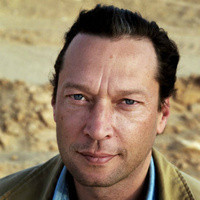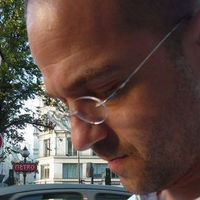“A Better Truth”
Former Washington Post opinion page editor Greenfield on not being overwhelmed by the past in the search for a “better truth”:
History helps guard against moral smugness too, or it should, anyway. For you are obliged, if you are honest, to acknowledge at least some reflection or resonance of the fallen ones in your own nature. Such humility is a conspicuously missing aspect of our contemporary culture, however. What might be a becoming spell of moral introspection, tends instead to become an orgy of bashing and blaming. I observe that now, as always in this country, when people speak of a terrible, all embracing decline in ethical standards, they are invariably speaking of the decline in their next door neighbor's standards, not their own.










